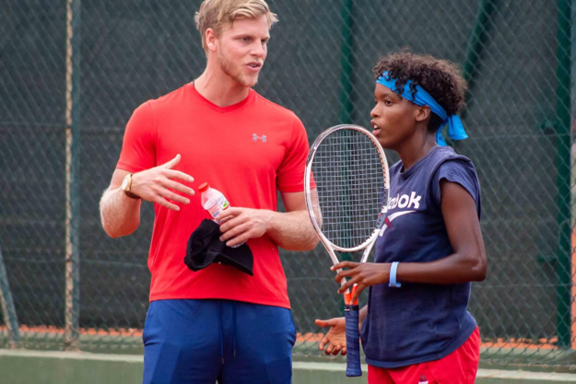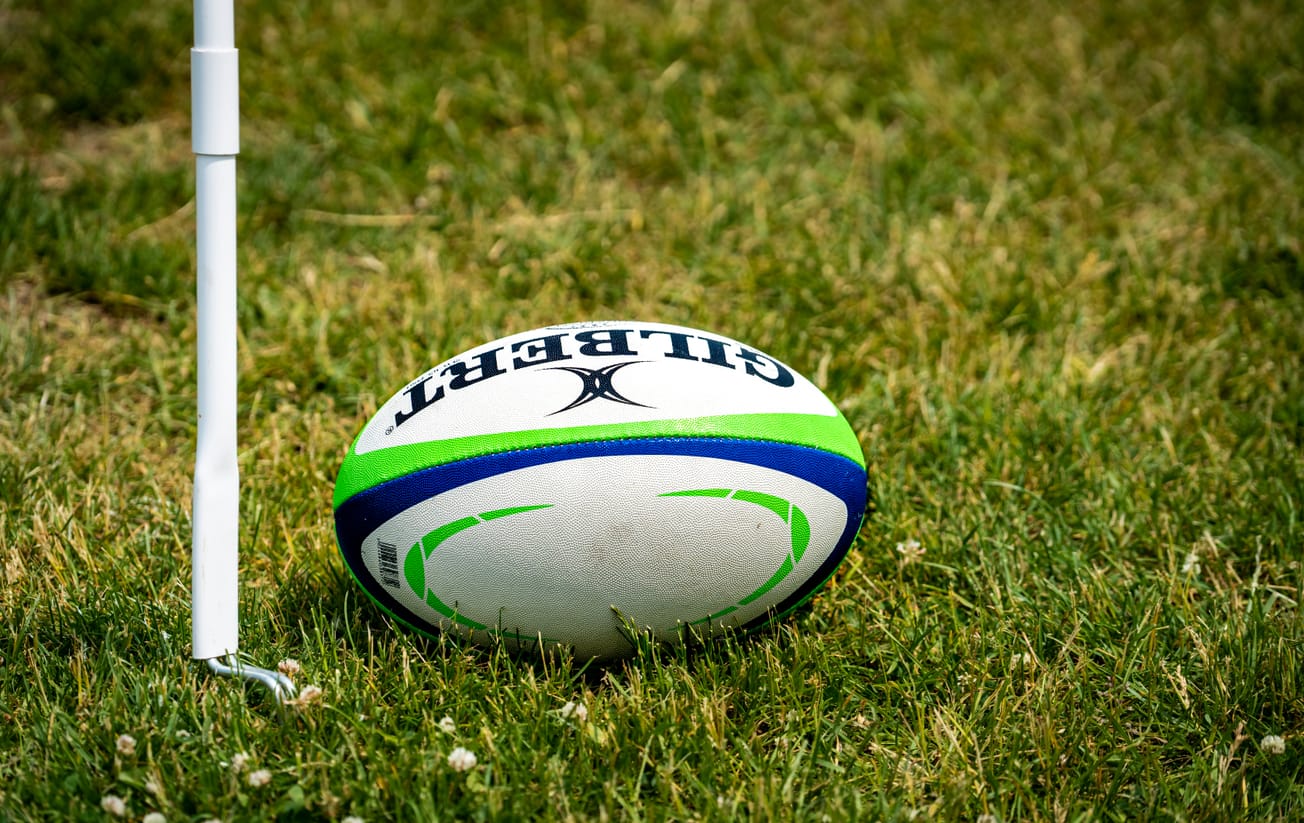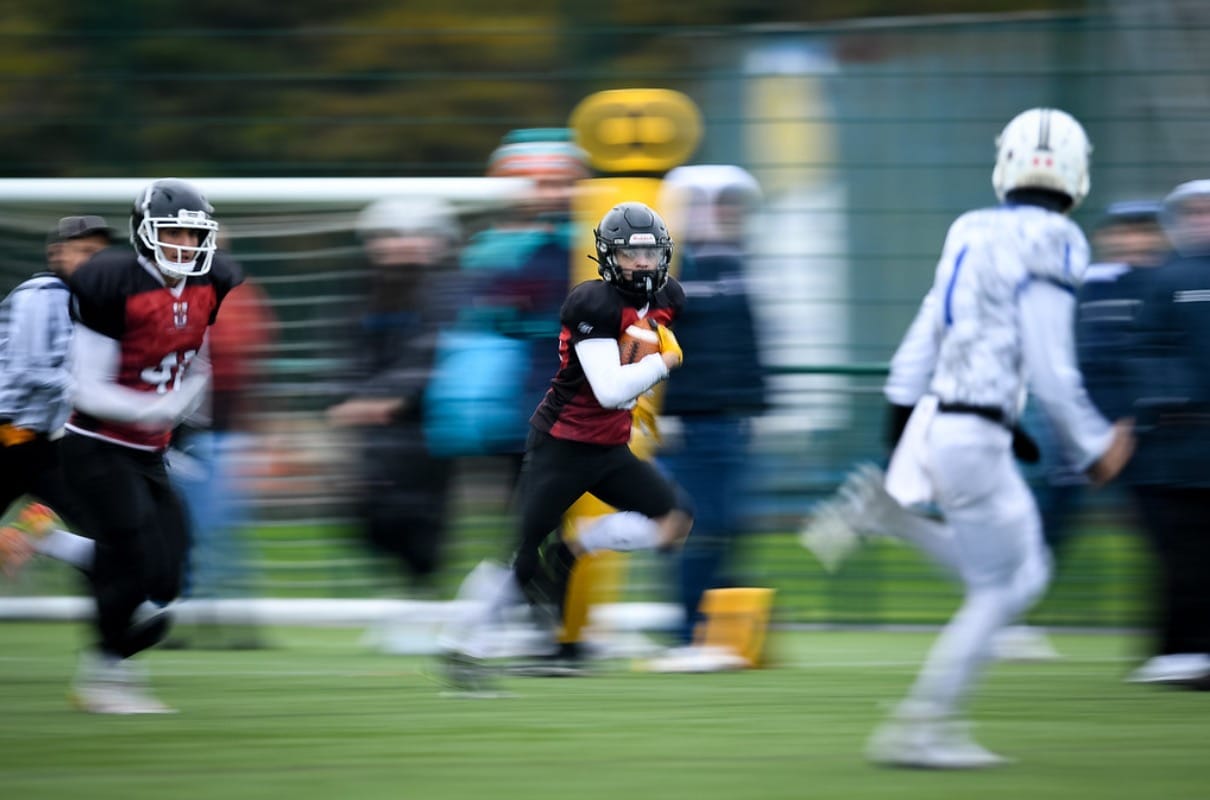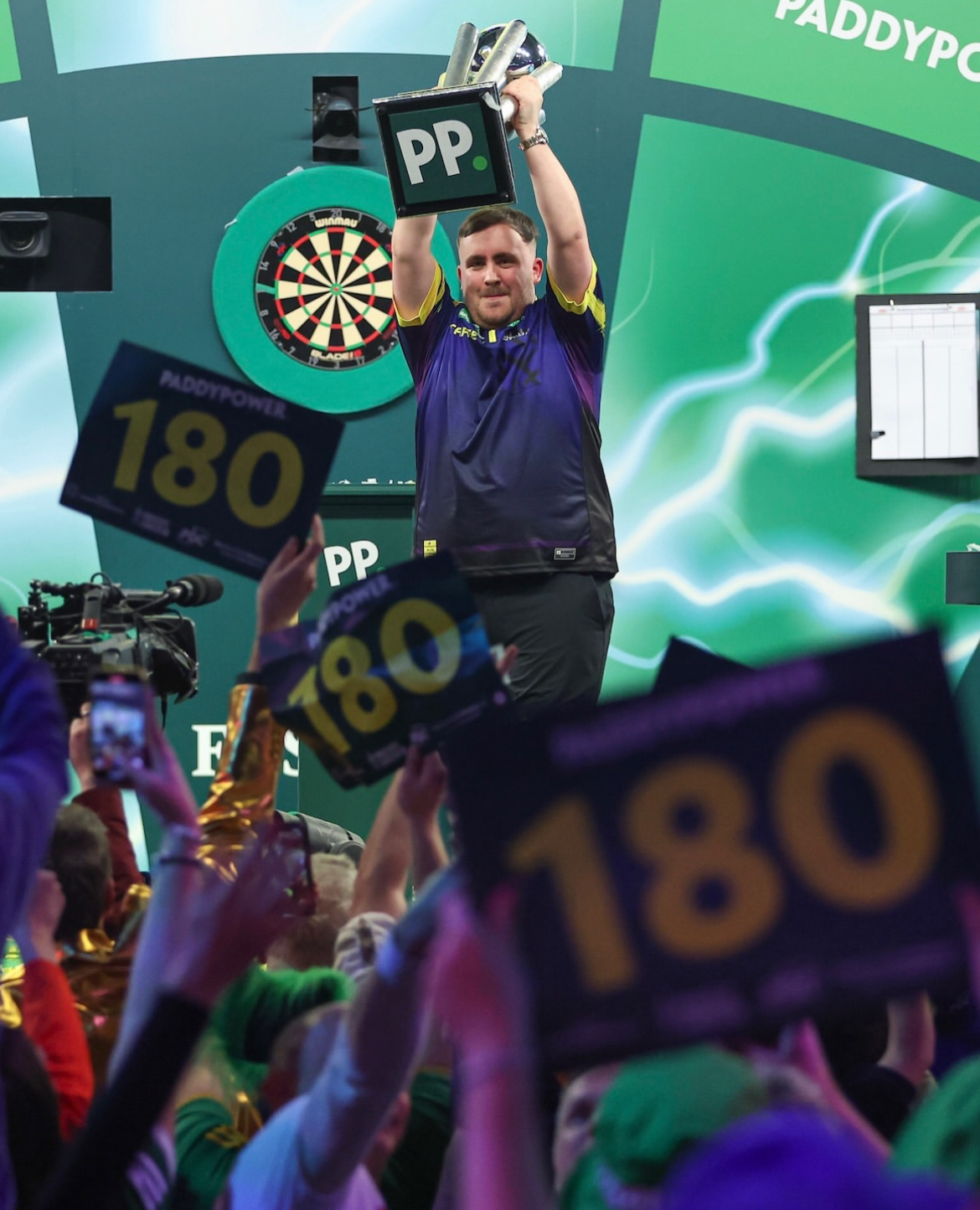By Adam Mountain, Co-Deputy Sports Editor
Epigram joined Connor Grant, University of Bristol’s Performance and Wellbeing Consultant, to discuss his role in training student-athletes’ brains to maximise performance levels.
A mastery over the mind is perhaps one of the lesser recognised attributes of today’s elite athletes. It is safe to say that most footballers would prefer to just practise a set-piece routine compared to doing a half-hour visualisation session for it. Equally, a tennis player would rather serve for this time and a golfer would take to the driving range. Many athletes may not even be able to explain what such a session involves, or why it is beneficial. For Connor this is all part of the process of getting to grips with sports psychology, and so his work with students often begins with an explanation of what his role in their training is:
“It is about trying to meet the intersection of using our brains and performing in sport. It’s thinking about how we make a case for using our minds as an athlete.”
Connor’s experience, which includes working with Australia’s top tennis juniors, and the double-Olympic winning Fiji rugby sevens team, has left him well-equipped to take University of Bristol’s sports training to a more professional level. Attending one of his mental fitness skills workshops, student-athletes could receive guidance on any number of techniques. These include visualisation, which is used to improve performance by rehearsing a specific movement or scenario in the mind, or reflexive practice, a process that helps athletes and coaches analyse their performance for improvement. Ultimately, Connor aims for these sessions to “champion psychology for people, rather than the classic image of psychology working against us.”
Breaking down these typically negative associations with psychology stands at the forefront of what Connor does. Explaining why he thinks many athletes initially show scepticism to engage with sports psychology, Connor said, “it might be where the word ‘psychology’ comes from and it can scare people. It was definitely a scary word for me as a young athlete, but I think we’re moving beyond that now and starting to realise that psychology does not necessarily mean there will be someone in a lab coat!”
“It’s about this idea of mental fitness. We work so hard, whether it’s to make our biceps bigger, or our reaction time better, but very little due diligence is paid to things like our focus or recovery.”

Making training personal to whichever team or individual is sat before Connor is a crucial element of his work, and therefore requires him to use a variety of approaches. On working with individual athletes Connor said, “It is much more comprehensive, so we can go for a coffee, a walk in nature, or I can even join them for a mental skills session while they practise their penalties. You’ve got so much more time to understand behaviours, thought patterns, histories, strengths and opportunities.” On the other hand, when working with a team Connor is “looking for those ‘quick wins’. This might be a team that wants to be more cohesive, may want to have more players take leadership, or may want to build a culture. So while you may not be able to go as deep with a team, you can still do really good work through empowerment and giving players autonomy, which then reverberates across the club.”
As a nationally-ranked junior tennis player, Connor naturally spends much of his time working with the University of Bristol Tennis Club (UBTC), where his expertise is highly valued in a sport defined by holding the psychological upper-hand. The Men’s First Team’s triumphant promotion to the BUCS Premier South Division marked a fitting end to UBTC and Connor’s 2023/24 season.
“Tennis is a mental game. Everyone is fit, everyone hits great forehands and backhands.” – Novak Djokovic
But Connor’s ability to participate in a wide variety of sports beyond tennis is an important aspect to the personalisation of his training, while also having a comforting impact on athletes. He said, “I can work with most athletes in their own playground, which is critical. As soon as that person has seen you join them […] then they see that this is all about developing your mental fitness, which breaks down boundaries very quickly.”
So in a sporting world where physical strength and technical prowess often take centre stage, Connor remains set on breaking down these boundaries to prove that mastering the mind is just as crucial as mastering the body. And as more athletes embrace the mental side of their training, it is clear that the future of University of Bristol’s sport lies not just in biceps and quads, but in brains too.
How will you next be training your brain before a fixture?
Featured image: Connor Grant








